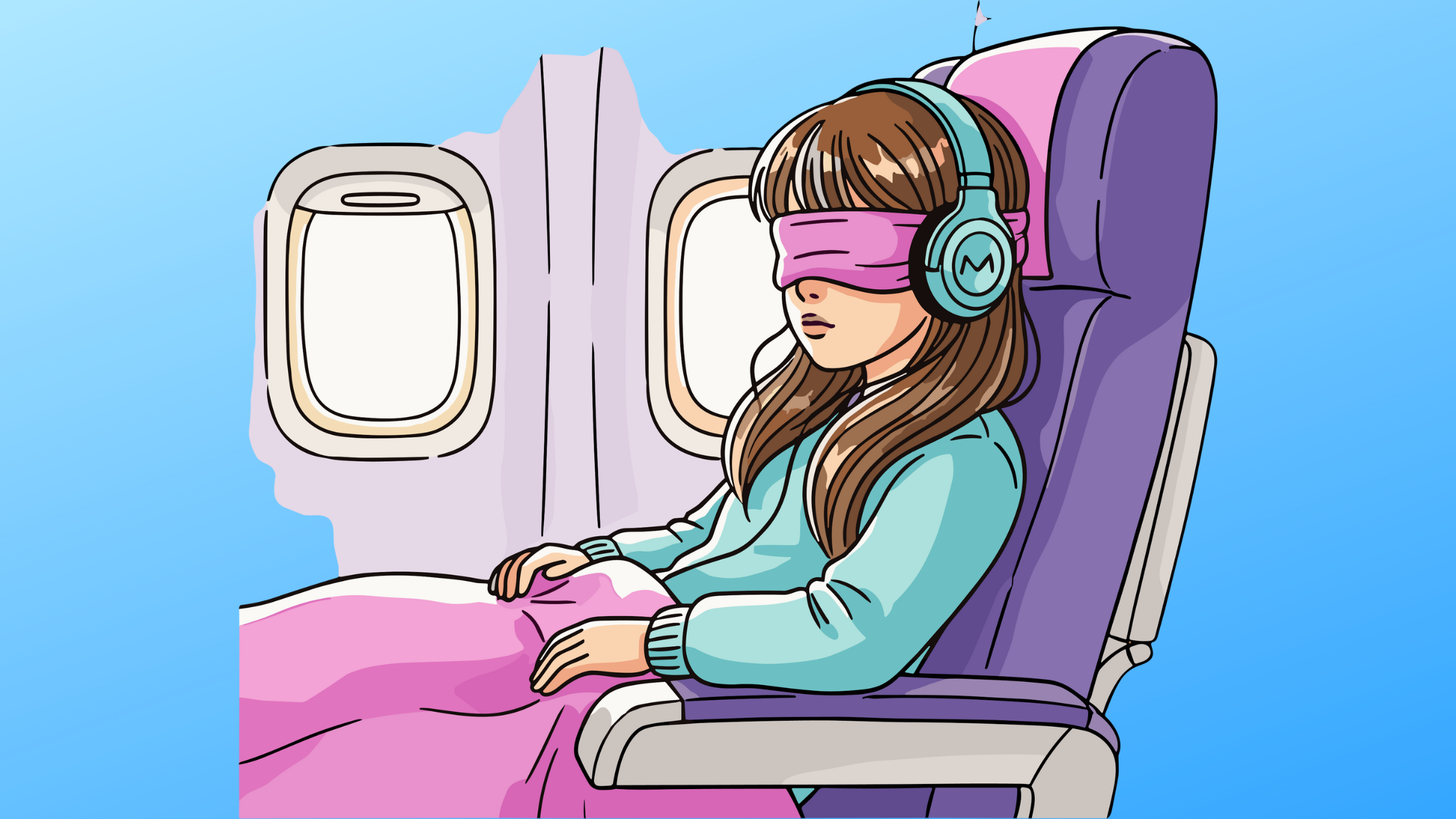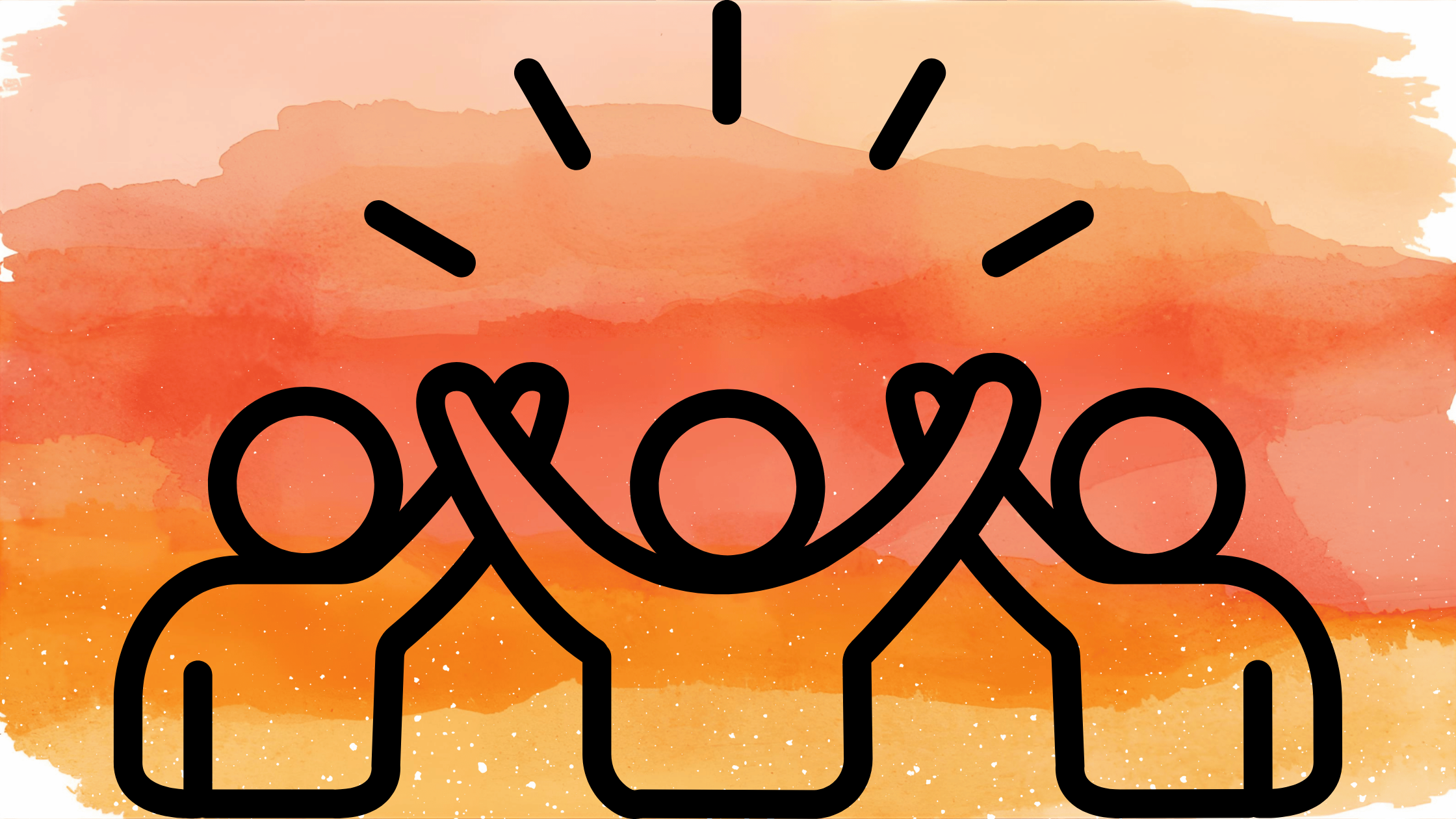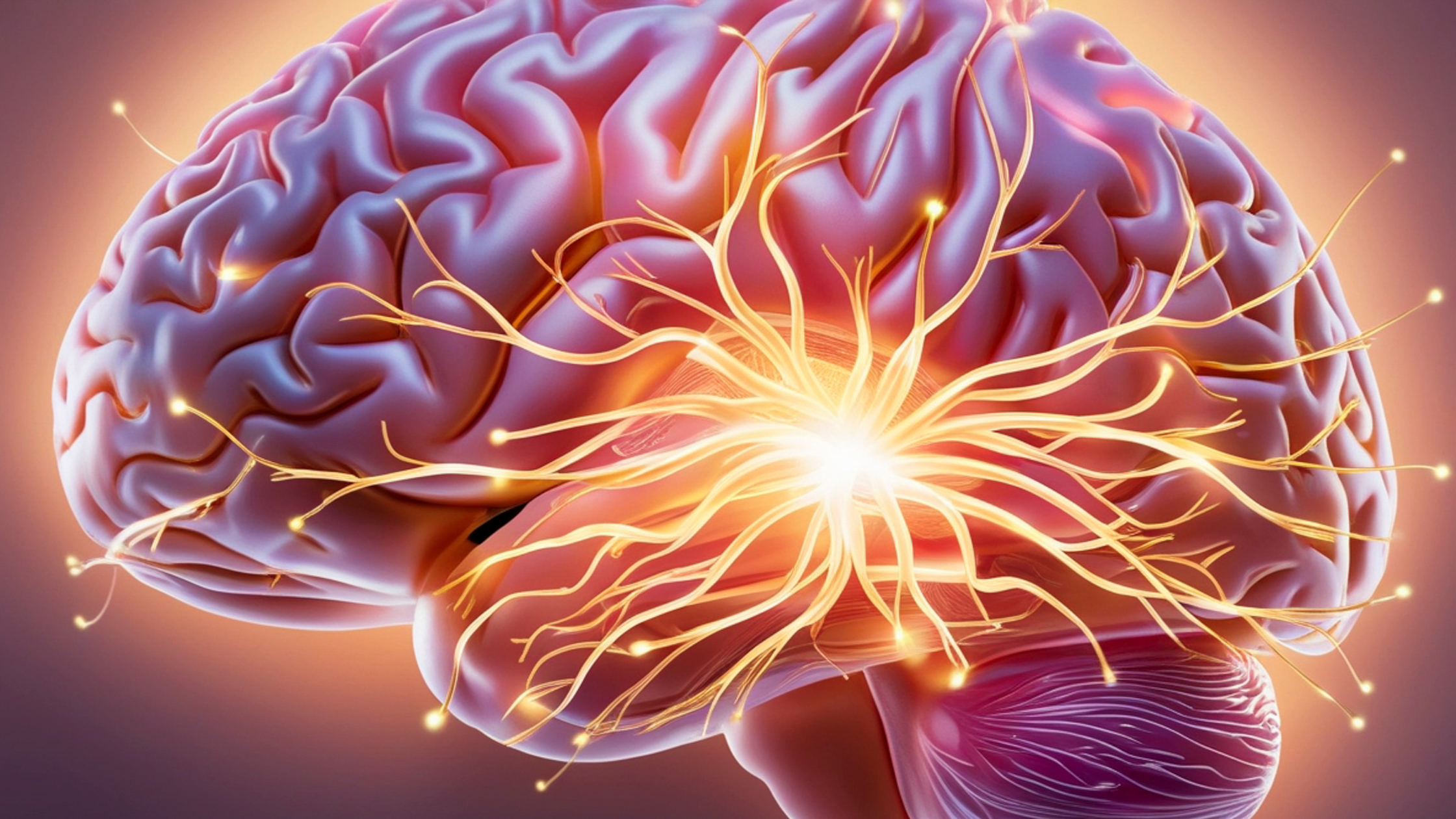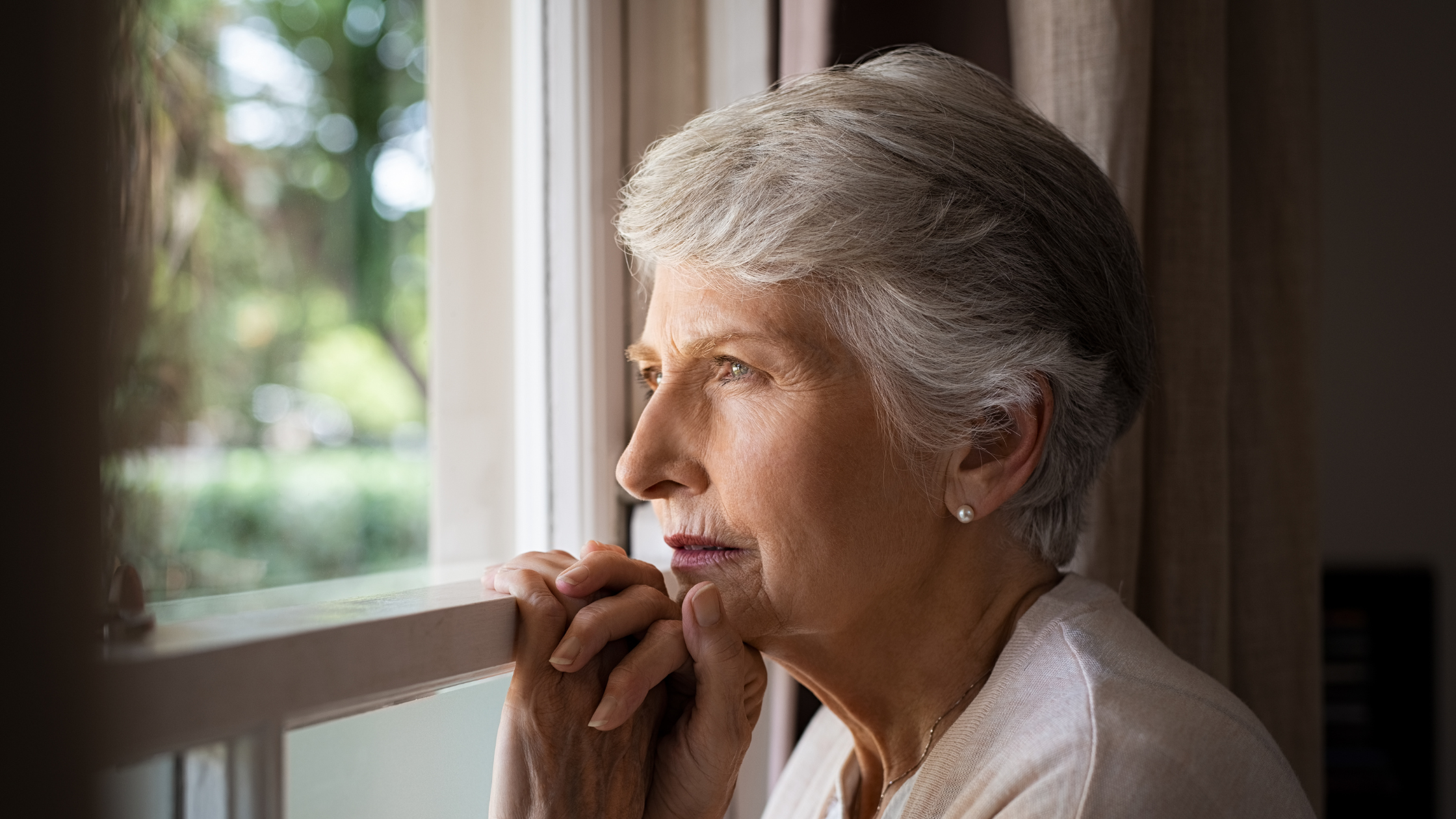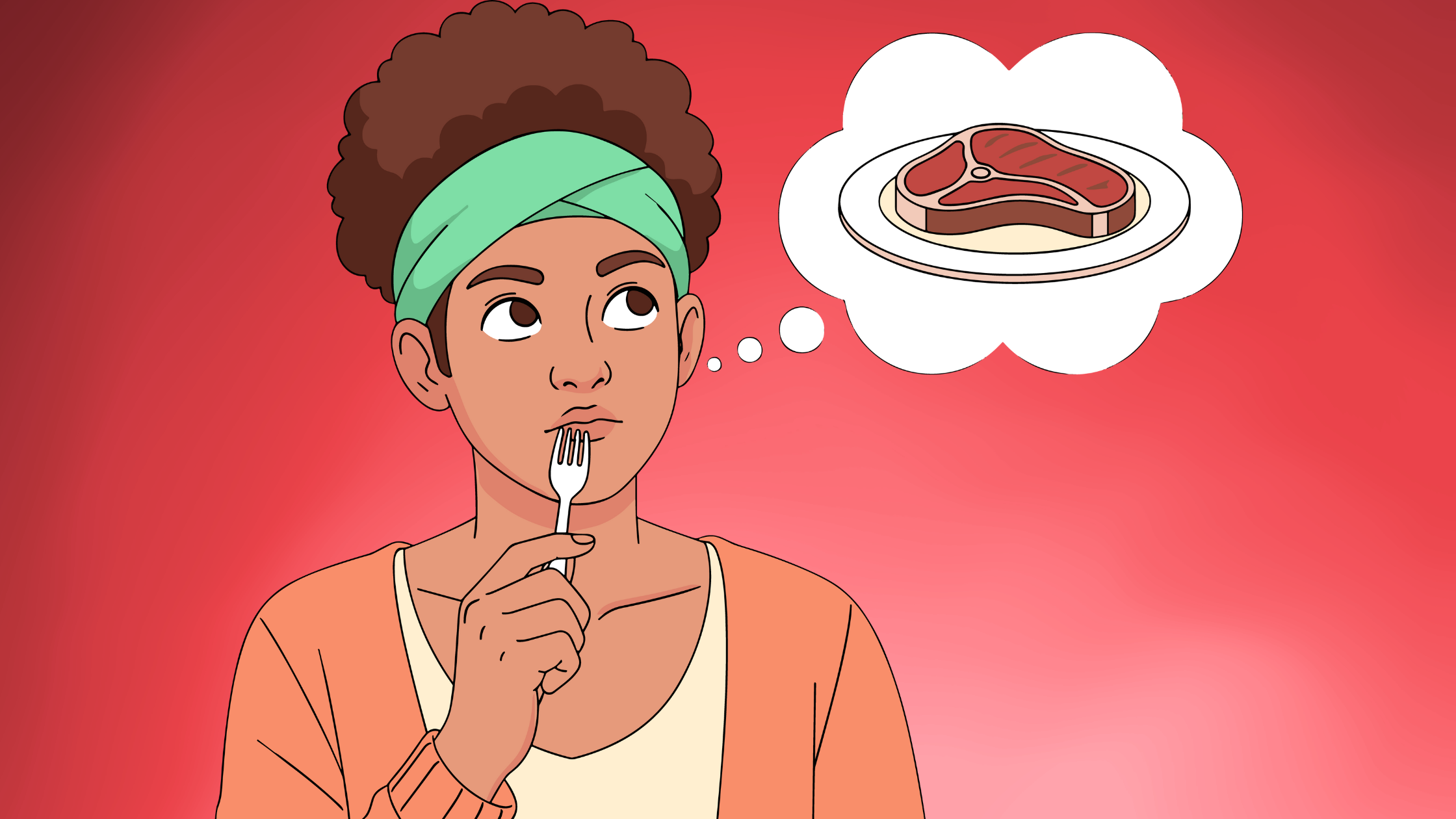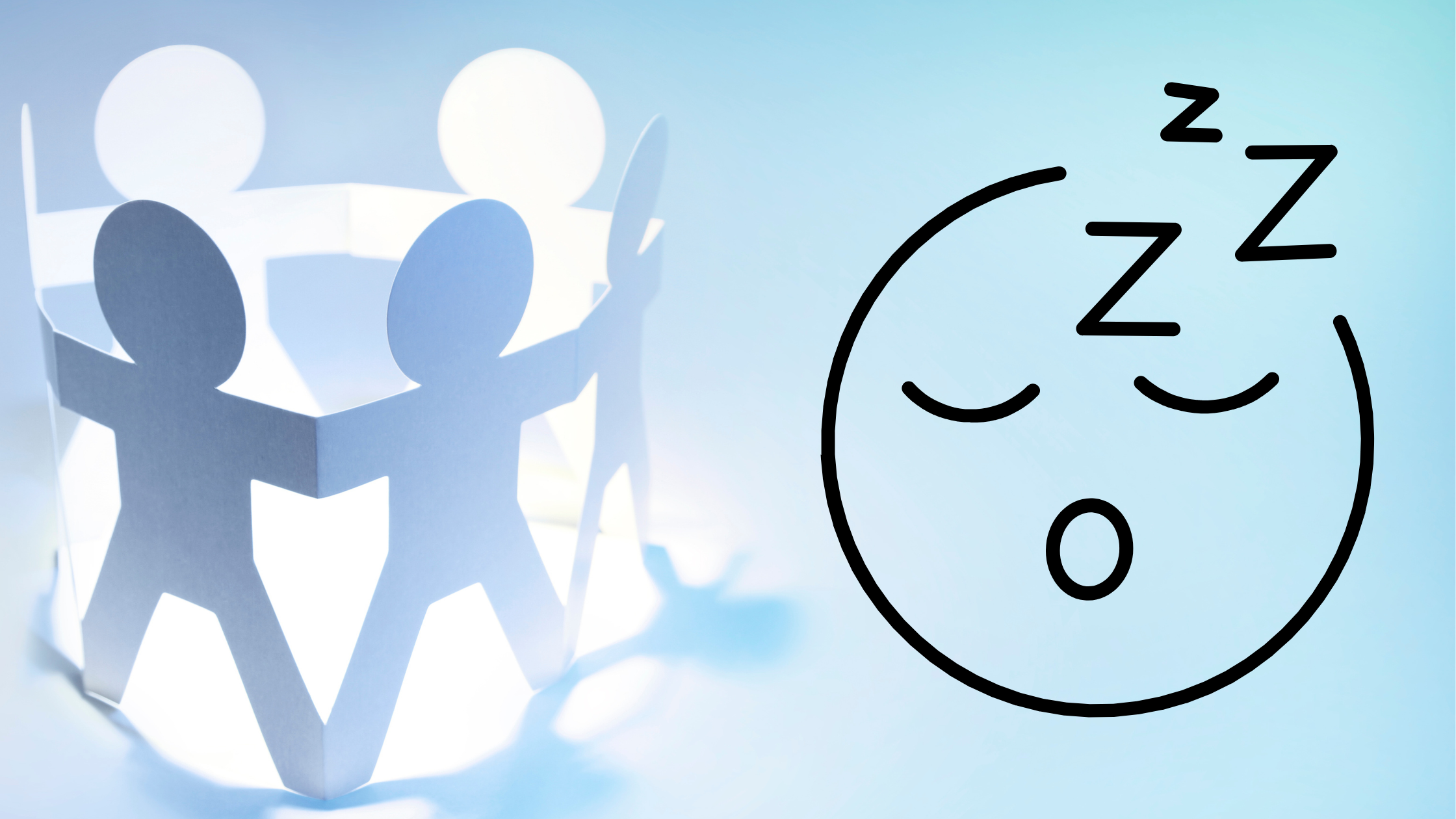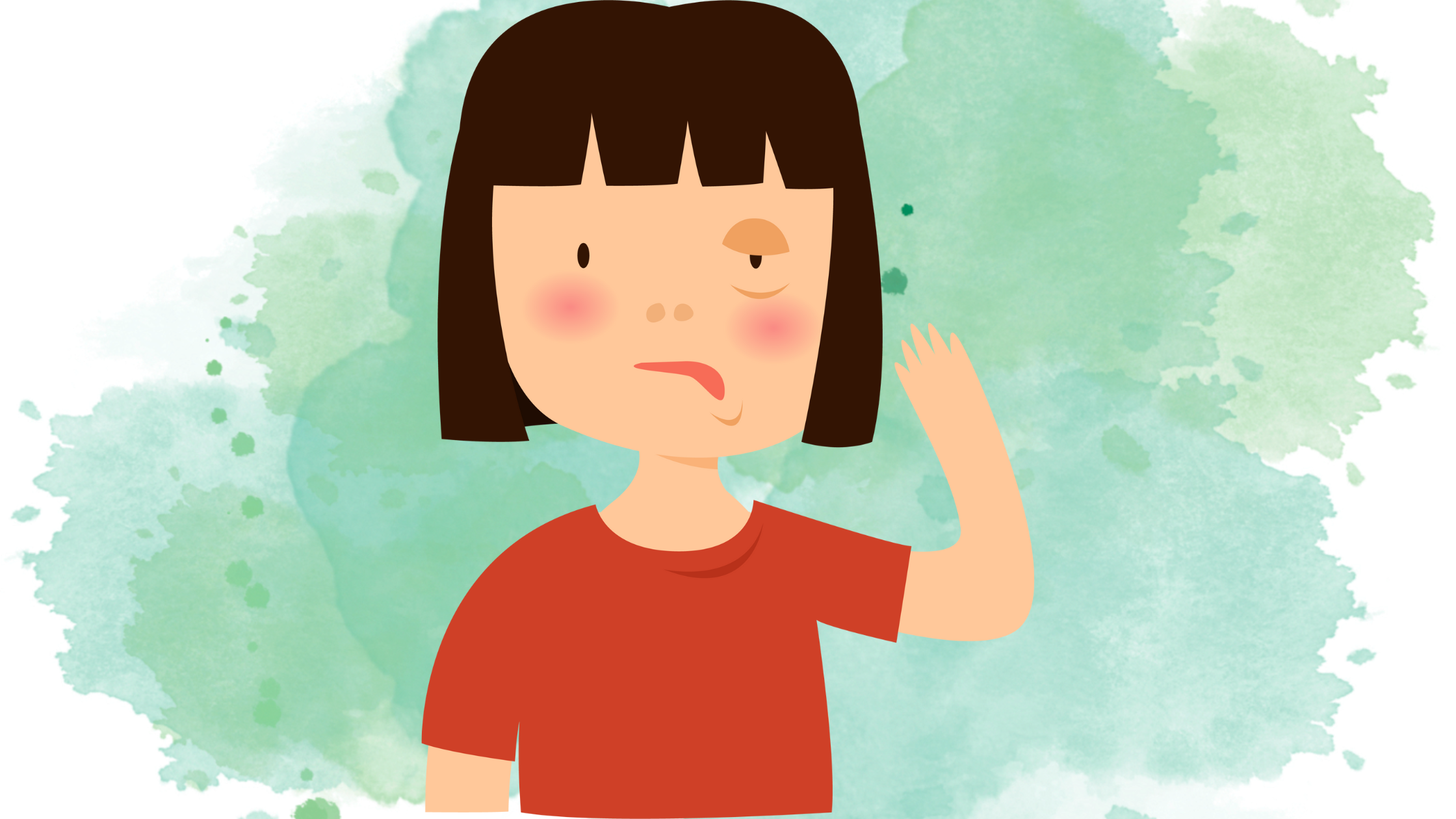Long-haul flights are inevitable for many travelers, whether it’s a business trip, family vacation, or adventure overseas. But hours in the sky can feel endless if you can’t get comfortable or catch quality sleep. The right seat can make a huge difference—not just for comfort, but for arriving feeling rested and ready to go.
Here’s how to choose the best airplane seat for sleeping on long-haul flights.

